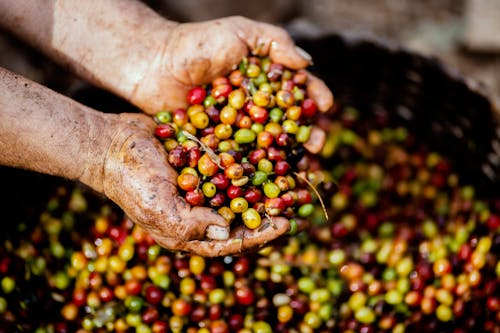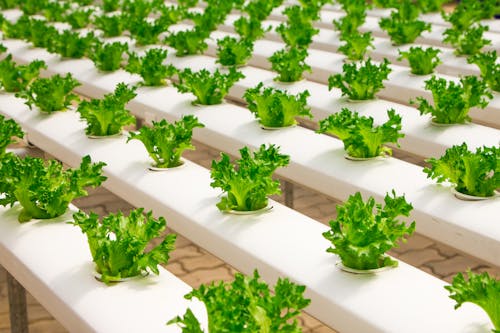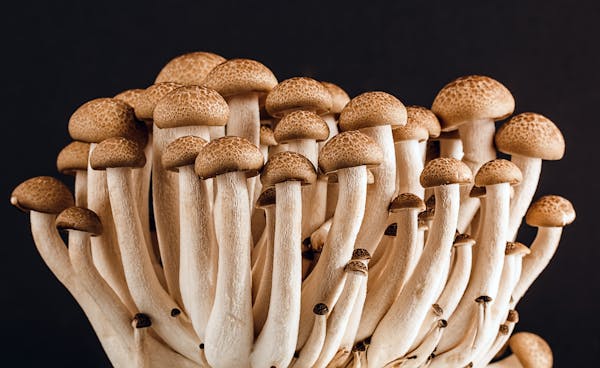The plant-based movement has seen a significant rise in recent years as more people are becoming aware of the health, environmental, and ethical benefits of plant-based eating. Veganism, which eliminates all animal products from the diet, is at the forefront of this movement. Many individuals are making the switch to veganism not only to improve their health but also to contribute to sustainability and animal welfare. Transitioning to a plant-based lifestyle can seem daunting at first, but with the right guidance and mindset, it can be a smooth and rewarding journey.
Understanding the Benefits of a Plant-Based Diet
Before diving into the practical steps of transitioning to veganism, it’s helpful to understand why this lifestyle is becoming increasingly popular. One of the biggest draws of plant-based eating is the numerous health benefits it offers. A plant-based diet is typically high in fiber, vitamins, and antioxidants while being lower in saturated fat and cholesterol. Studies have shown that vegans tend to have lower rates of heart disease, type 2 diabetes, and high blood pressure. Moreover, adopting a plant-based diet can lead to weight loss, improved digestion, and better overall energy levels.

Apart from health benefits, many choose veganism for environmental reasons. Animal agriculture is a major contributor to greenhouse gas emissions, deforestation, and water pollution. By reducing or eliminating animal products, individuals can significantly decrease their carbon footprint and contribute to a more sustainable future.
Ethical concerns also play a large role in the decision to switch to veganism. Many people adopt a vegan lifestyle to take a stand against animal cruelty. The factory farming industry is known for its inhumane treatment of animals, and by choosing plant-based foods, individuals can help reduce the demand for animal products.
The Challenges of Transitioning to Veganism
Although transitioning to veganism has many benefits, it’s not always an easy switch. One of the biggest challenges is breaking old habits. Many people have grown up eating animal-based foods, and it can be difficult to change long-established eating patterns. Additionally, vegan diets can sometimes feel restrictive, especially when dining out or attending social gatherings.
Another challenge is ensuring that you’re meeting all your nutritional needs. While a plant-based diet can be extremely healthy, it’s essential to make sure you’re getting a variety of nutrients. Some nutrients, such as vitamin B12, iron, and omega-3 fatty acids, are found primarily in animal products, so it’s important to find vegan alternatives or supplements to ensure you’re getting a balanced diet.
How to Start the Transition to Veganism

If you’re considering making the transition to veganism, the key is to take it one step at a time. Here are some practical tips to help you make the switch:
Start Slow: If the thought of going completely vegan overnight feels overwhelming, try starting with one plant-based meal a day. Gradually increase the number of vegan meals you consume each week until you feel ready to eliminate animal products entirely. This approach helps ease the transition and allows your body to adapt to new foods.
Educate Yourself: Learning about the vegan lifestyle will help you make informed decisions about your food choices. Start reading vegan blogs, cookbooks, and documentaries. There are also many online communities and support groups that can provide helpful advice and encouragement during your transition.
Stock Up on Vegan Staples: One of the easiest ways to ensure your transition goes smoothly is to keep your kitchen stocked with plant-based staples. These include beans, lentils, tofu, tempeh, quinoa, rice, and a variety of fresh vegetables. Having these ingredients on hand will make it easier to create quick and satisfying meals.
Find Vegan Alternatives: Many traditional animal-based foods have delicious vegan alternatives. For example, you can substitute almond milk or oat milk for dairy milk, use nutritional yeast as a cheesy flavor substitute, and try vegan cheese or plant-based meats for your favorite comfort foods. Experimenting with different vegan options will help you find new favorites and make the transition feel less restrictive.
Plan Your Meals: Meal planning is essential when transitioning to a vegan diet. Planning your meals for the week ahead will ensure you have a variety of nutrient-dense dishes and will prevent you from reaching for unhealthy processed foods. Meal prepping can also save you time during the week, allowing you to stay on track with your plant-based eating.
Focus on Whole Foods: While there are many delicious vegan junk food options available, it’s important to focus on whole, unprocessed foods for maximum health benefits. Fill your plate with a variety of fruits, vegetables, whole grains, legumes, and healthy fats. These nutrient-dense foods will provide the energy and nutrition you need to thrive on a vegan diet.
Navigating Social Situations as a Vegan
One of the more difficult aspects of veganism can be social situations, especially when dining out with friends or family. It’s common to feel awkward or self-conscious about your food choices, but there are ways to handle these situations gracefully.
When dining out, many restaurants now offer vegan-friendly options. If not, don’t be afraid to ask for substitutions or modifications to make a dish vegan. If you’re attending a social gathering, consider bringing a plant-based dish to share with others. This not only ensures you’ll have something to eat but also gives you the opportunity to introduce others to delicious vegan options.
Staying Committed to a Plant-Based Lifestyle
The transition to veganism can be challenging at times, but it’s important to stay committed to your new lifestyle. Surround yourself with a supportive community of like-minded individuals who can offer guidance and encouragement. If you slip up occasionally, don’t be hard on yourself. The goal is progress, not perfection.
As you continue your journey, you’ll likely find that being vegan becomes second nature. You’ll discover new recipes, enjoy a wider variety of foods, and feel more energized and connected to your values. Veganism is not just a diet—it’s a lifestyle that can lead to positive changes in your health, the planet, and the lives of animals.
Making the transition to veganism may seem daunting at first, but with patience, education, and dedication, it can be a rewarding and life-changing experience. By gradually incorporating more plant-based meals into your routine and being open to trying new foods, you can make the switch to a vegan lifestyle and enjoy all the benefits it has to offer.











